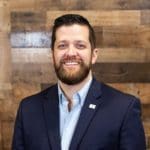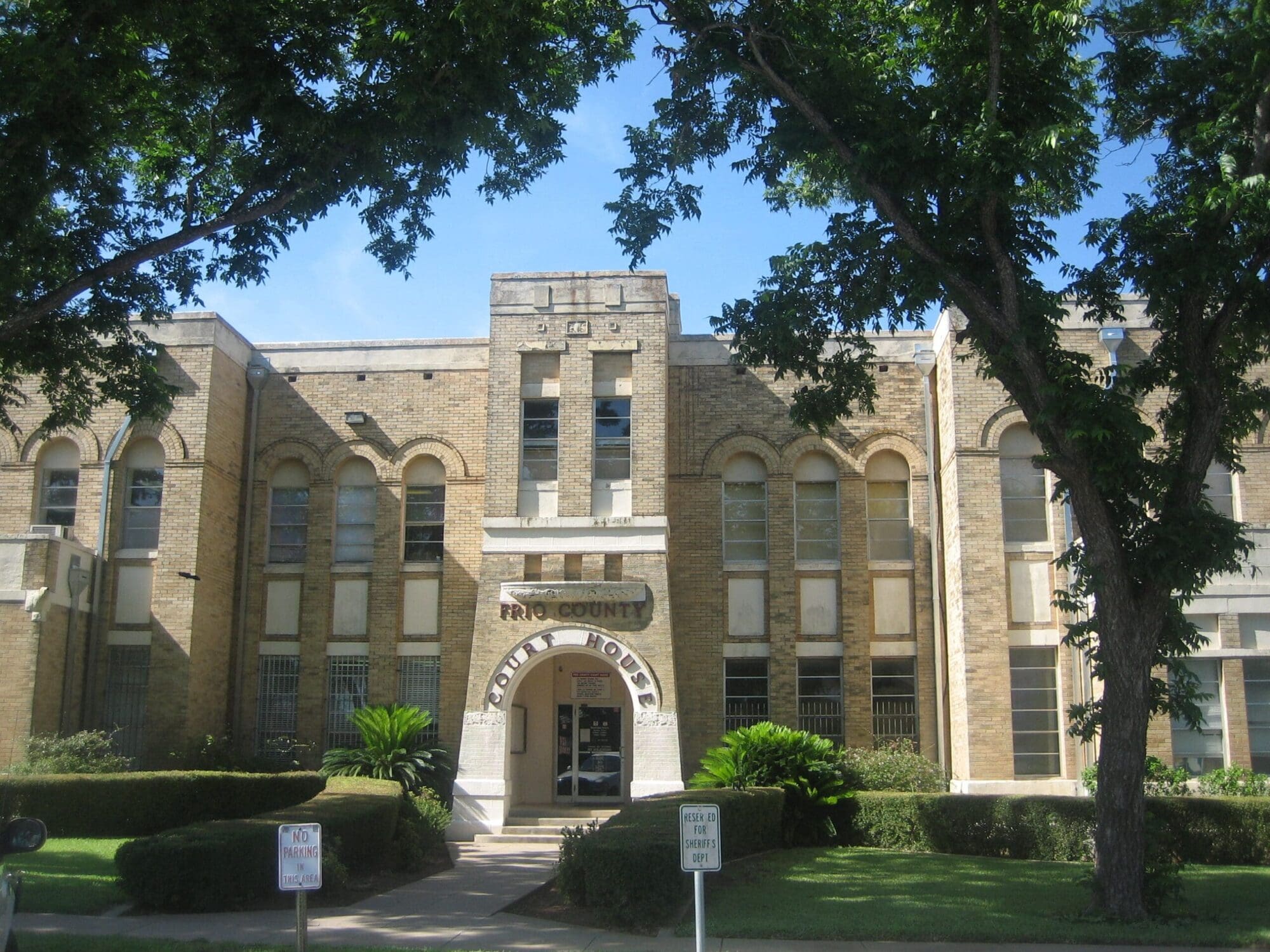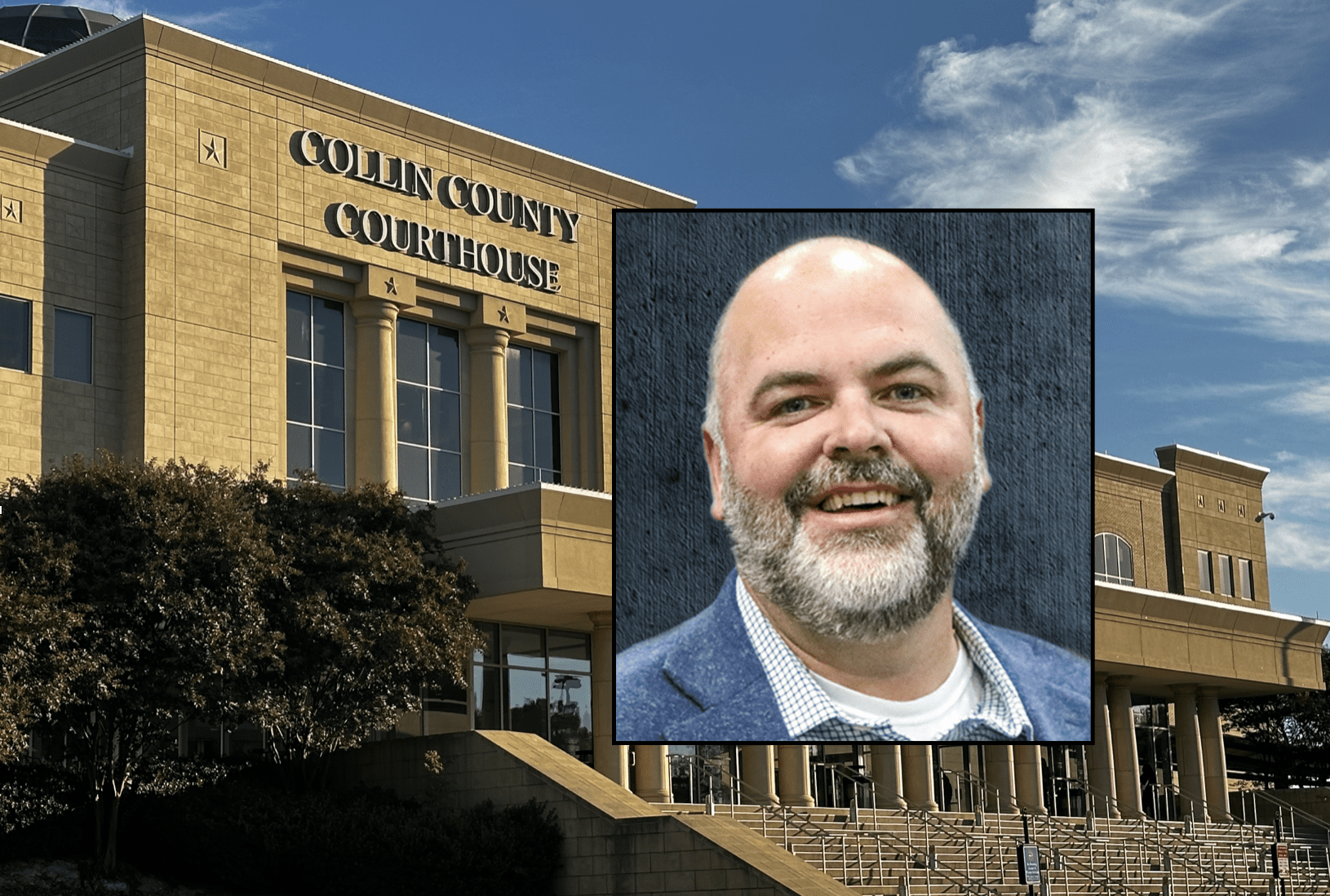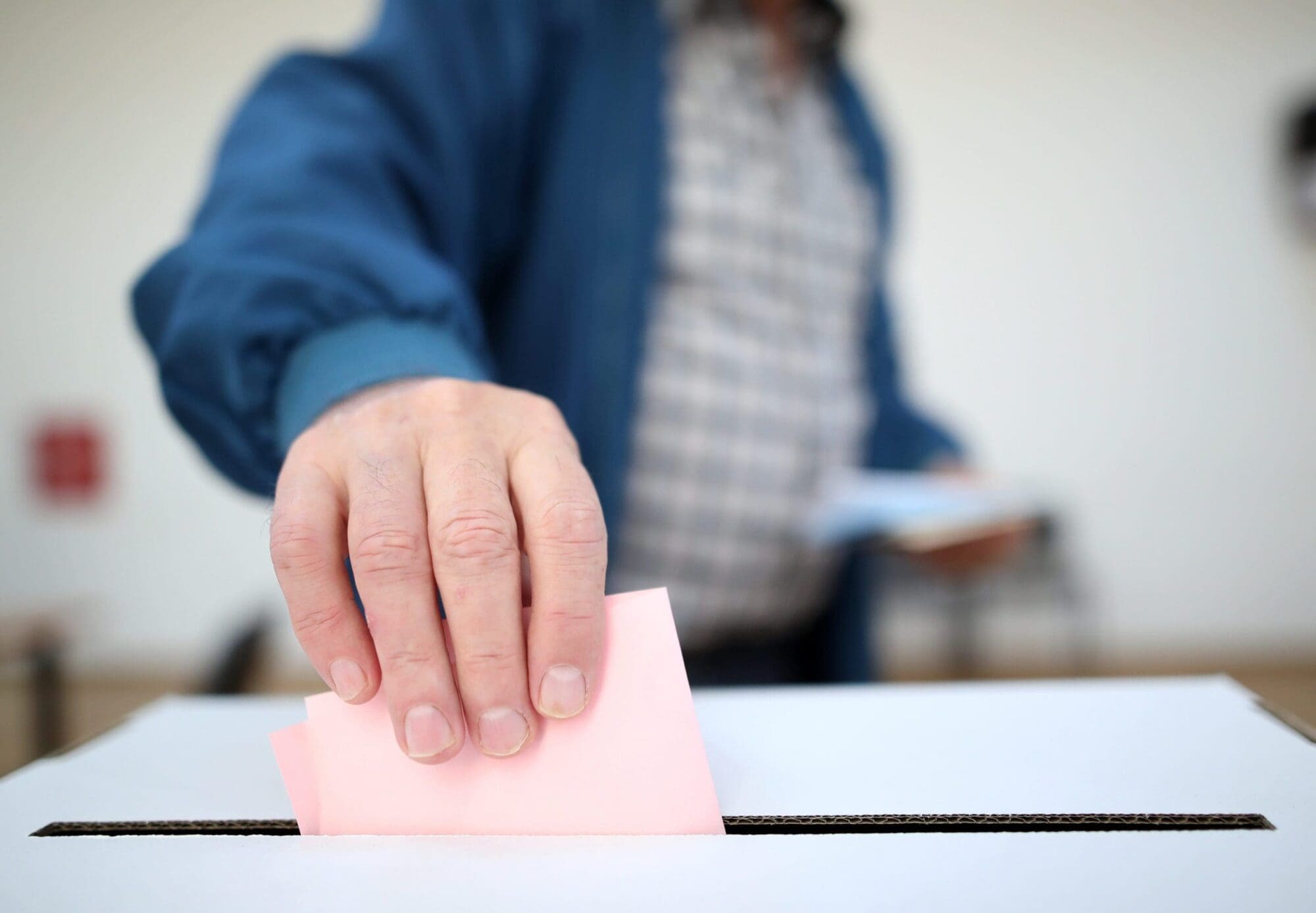The Texas House of Representatives has been paralyzed for the last nine days due to an insufficient amount of lawmakers present to conduct legislative business, after almost all of the House Democrat Caucus broke quorum (after being enabled by Republican leadership) and traveled to Washington, D.C.
While originally only 80 lawmakers were present, those numbers have reportedly increased.
What Are the Numbers?
On Wednesday, Texas House Republican Caucus Chairman, State Rep. Jim Murphy (Houston), told reporters that there were 91 lawmakers present at the state Capitol, making the House just nine members short of the 100 needed to have a quorum, or conduct legislative business.
“We are getting closer every day. We’re kind of on the bubble now, time-wise and numbers-wise,” he said.
The first called special session began on July 8 and can last up to 30 days. This means that if enough lawmakers actually return, the House of Representatives has just 16 days left to consider Gov. Greg Abbott’s special session agenda.
As the day went on, an additional report indicated that State Rep. Leo Pacheco (D–San Antonio) also verified his attendance with the House journal clerk, bringing the total of present lawmakers to 92. Pacheco posted publicly last week that he remained in Texas and did not travel to Washington, D.C., with his Democrat colleagues, but he seemingly was not directed by law enforcement to return to his duties in Austin.
Another Democrat lawmaker who has returned to the Capitol is State Rep. Philip Cortez (San Antonio). He released a statement upon his return:
I proudly stood with my democratic colleagues and left Texas to ensure House Bill 3 would not be approved as introduced. A small working group of Democrats decided to begin active discussions here in Austin on improving HB 3 and asked that I return to establish open communication lines. I returned to Texas to try to engage in good-faith dialogue about the aspects of the bill that I, and others, think are harmful. We need to fight this battle on parallel tracks in Texas and Washington D.C. with one goal in mind: full and open access to voting for all Texans.
Cortez is the chairman of the House Urban Affairs Committee, a position given to him by House Speaker Dade Phelan (R).
The author of the omnibus election integrity bill that the missing Democrat lawmakers have indicated is the impetus for their absence is State Rep. Andrew Murr (R–Junction). He released a statement upon the return of Cortez:
While he was in Washington, Rep. Cortez and I had very frank, candid discussions about the concerns he and his Democrat colleagues have with House Bill 3. Rep. Cortez is now back in Austin and we will continue to have serious, thoughtful conversations about House Bill 3. Phil Cortez and I will likely never see eye-to-eye on this election legislation, but he will have a seat at the table to fight for his district because he is willing to defend their beliefs in the chamber of the Texas House.
Some of Cortez’ Democrat colleagues were quick to admonish his actions. State Rep. Gina Hinojosa (D–Austin) tweeted:
To be clear, he is not negotiating on our behalf. He made the decision to rejoin Republicans without speaking to the Dem delegation.
State Rep. Ina Minjarez (D–San Antonio) said:
I am disappointed to see Representative Cortez turning his back on these convictions. Though I cannot speak to what led to his decision, it is disheartening to think that some representatives might value a gavel over protecting the voting rights of all Texans. Despite his defection, I continue to stand firm in my resolve to continue the fight for every Texan and every citizen to vote freely and accessibly. There is nothing I wouldn’t do to protect our democracy and the people’s right to vote.
What Does it Mean?
If there are a growing number of Democrat lawmakers returning to work before the conclusion of the first called special session, it begs the question: What brought them back?
At the outset of the quorum-bust, absent Democrat lawmakers seemed generally united in their efforts to run out the legislative clock for this special session. They also indicated that while in Washington, D.C., they met with U.S. senators and congressmen to convince them to consider pending federal legislation designed to allow more federal involvement in state-run elections, while also considering removing the filibuster provisions currently in place.
Thus far, there have not been any reports of those efforts succeeding.
Cortez indicated in his statement that “a small working group of Democrats decided to begin active discussions here in Austin,” without giving a specific number. Murr’s statement indicated that he had a “seat at the table” for discussions on House Bill 3, raising the question of whether the bill will be watered down to incentivize the return of other Democrat members.
Where Does the House Stand Currently?
Activity in the House will continue to remain frozen until there are at least 100 lawmakers present to consider bills.
Abbott has already indicated that he will continue to call special sessions until his agenda is considered and passed. He has called for penalizing absent lawmakers, something that Phelan has thus far been reluctant to do. Of the total 34 standing committees in the House of Representatives, 13 of them are chaired by Democrats, and 20 of them have Democrat vice chairmen. Of all of those, 24 of them aided in breaking quorum and still remain in their positions.
For the last nine days, they have gaveled in, given an invocation, and recited the pledges before standing back “at ease.” Most present lawmakers can be seen loitering around, awaiting “permission slips” from Phelan to leave the House chamber while under a “call of the House” preventing lawmakers’ absences. In the meantime, the days remaining in the first called special session continue to dwindle.





